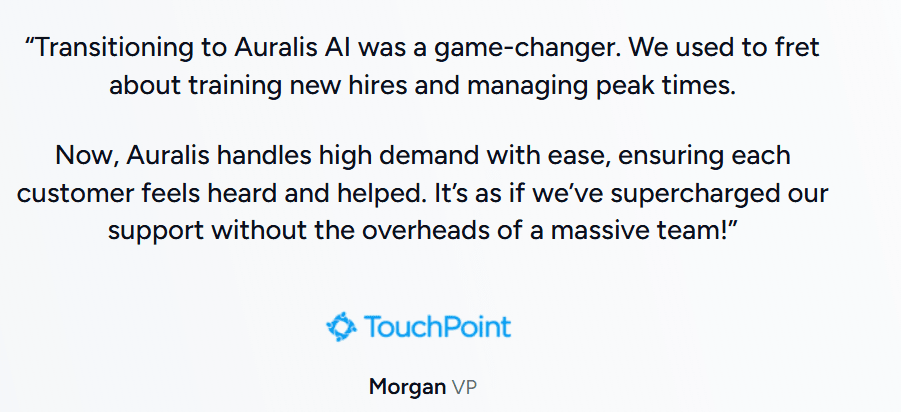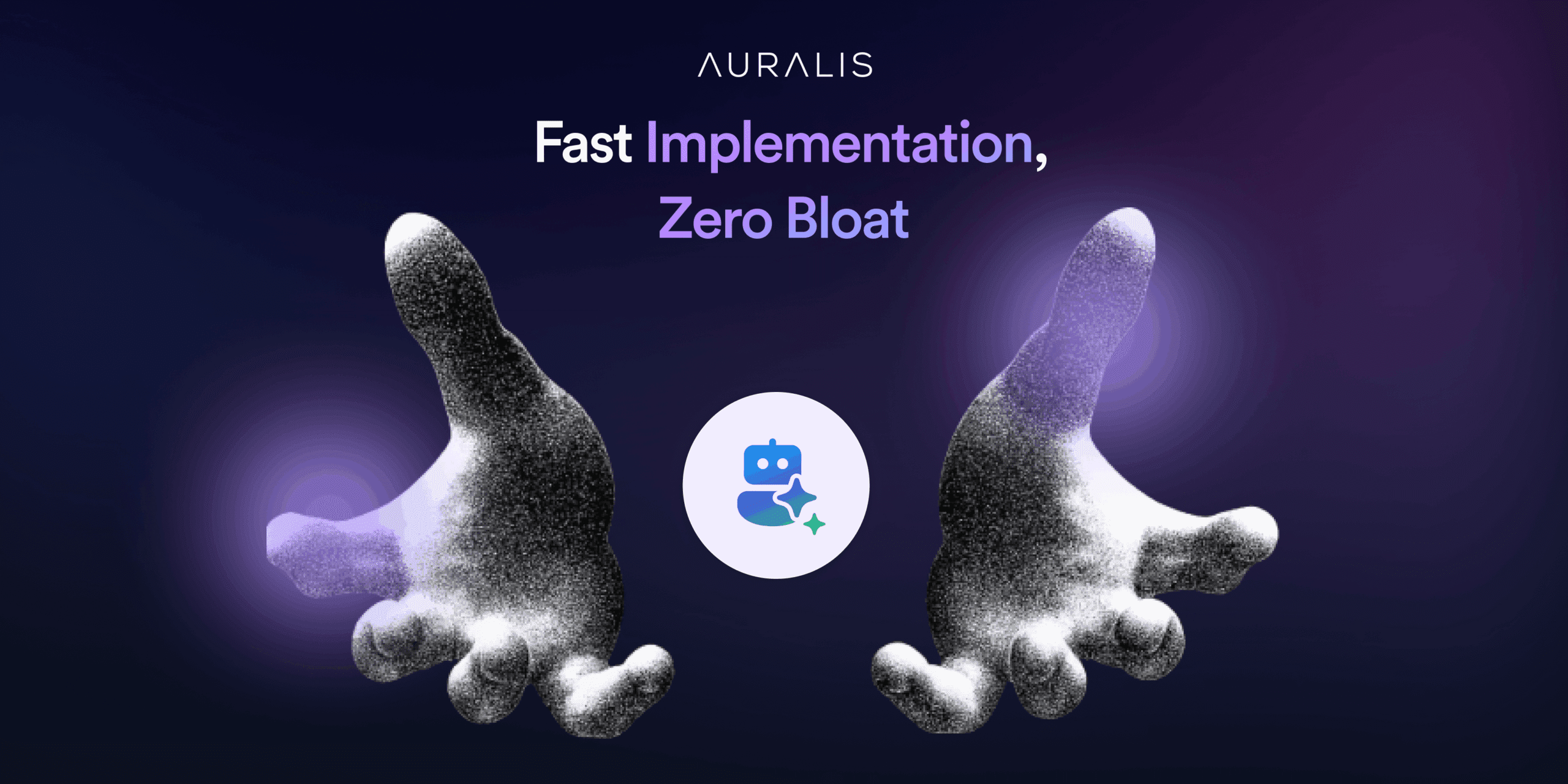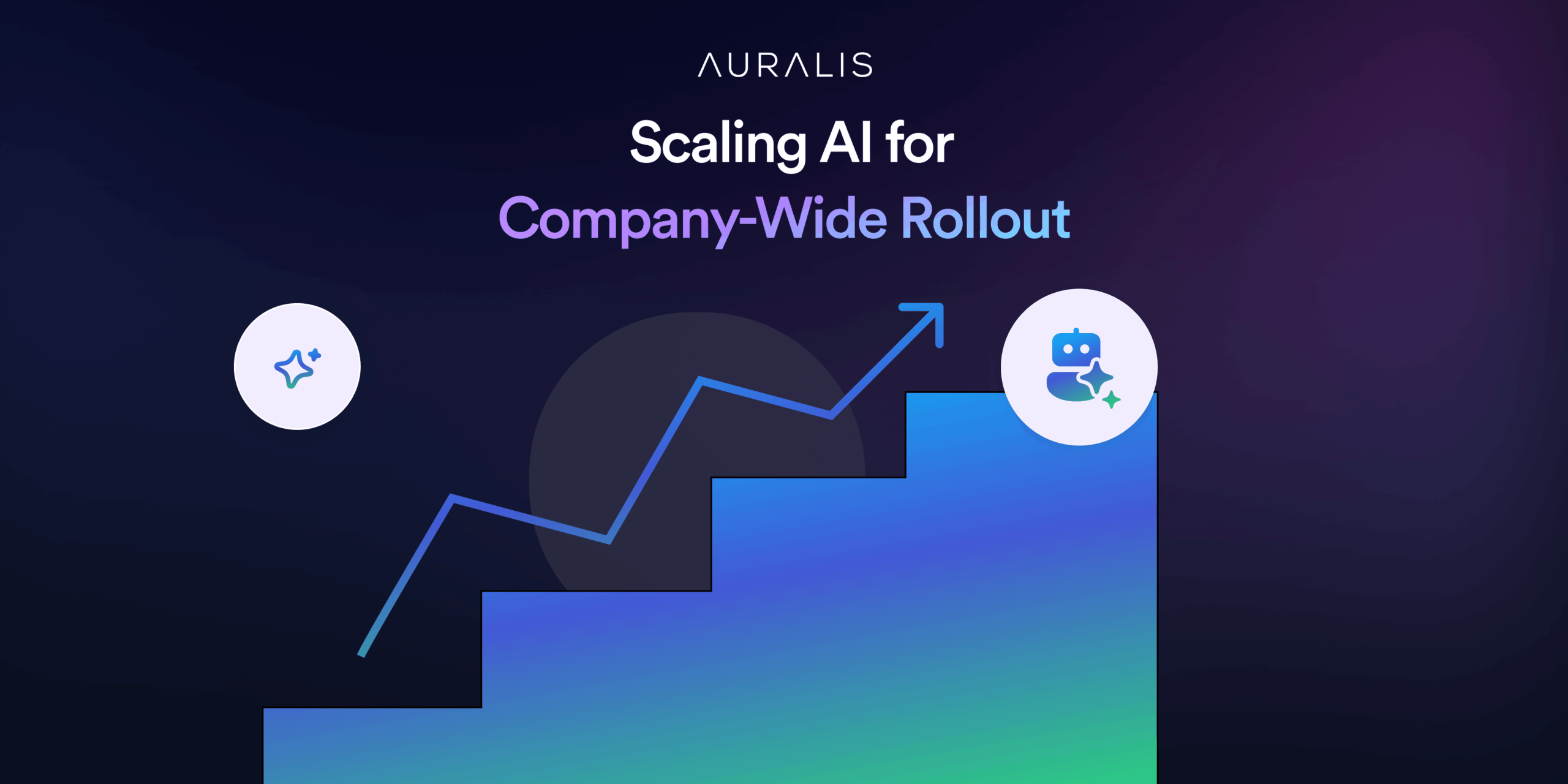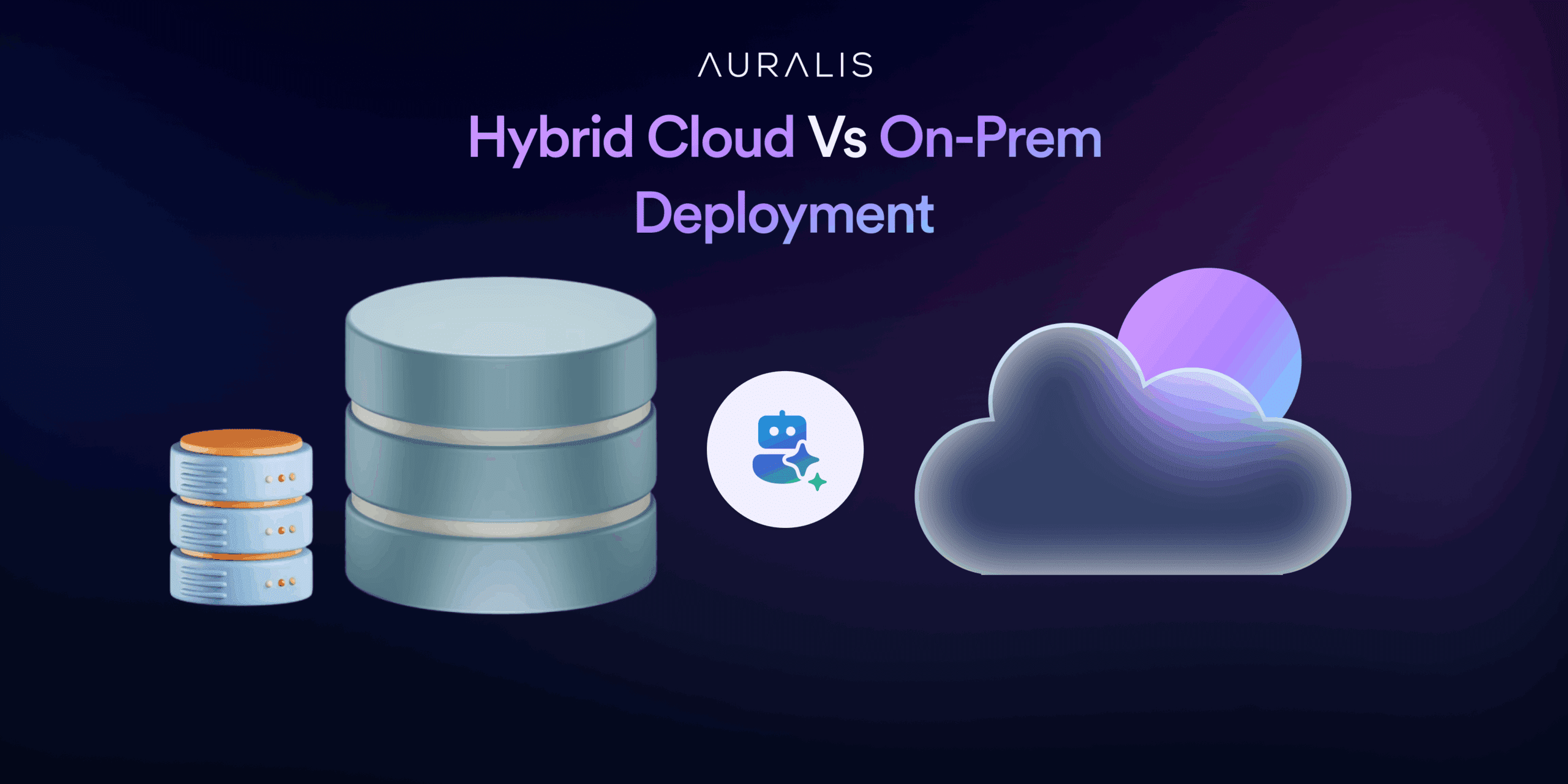The hospitality and travel industry has significantly moved online, especially post-pandemic. As per estimations, the online travel agent market will grow from $899.5 billion in 2024 to $938.15 billion in 2025, with a CAGR of 4.3%.
Strong growth in emerging markets, demographic shifts, a rise in solo travel, rapid population growth, and a rise in disposable income are some of the factors contributing to it.
Whether probing for the next holiday package, customizing a solo travel itinerary, or looking for hotel rooms, modern travelers constantly seek support from online travel and hospitality portals.
This has increased the number of queries that these businesses have to tackle. Being unable to attend to a customer query means missing an opportunity to convert a potential customer.
This is where automation comes in as a solution.
Table of Contents
Why is AI customer support automation a must for the travel and hospitality industry?
AI is quickly becoming integral to customer support in offering round-the-clock service. Data says that 79% of customers remain loyal to companies that offer faster customer support. By integrating AI and automation into their customer support, travel and hospitality can hugely benefit.
1. Managing high call and inquiry volumes during peak times
During holidays and peak times, every travel and hospitality company faces high call and inquiry volumes that strain their customer support team, leading to delays and dissatisfaction. While not being able to answer a customer query can be a missed opportunity for sales, hiring an additional workforce might not be a feasible option for many brands.
2. Handling multilingual and diverse customer needs
Travel and hospitality industries cater to global travelers, which means they need effective communication across multiple languages. This is a huge challenge for human agents.
3. Addressing time-sensitive and urgent requests
Whether a customer is asking for an immediate cancellation request, rebooking, or a last-minute change in their itinerary, addressing time-sensitive and urgent requests is critical for the customer support teams in the hospitality and travel sector. Human agents need time to process the request with the risk of manual errors.
4. Ensuring consistent service channels
Maintaining seamless and consistent support across email, phone, social media, and chat platforms is complex but essential to offering a seamless customer support experience to every traveler.
5. Dealing with high expectations for personalized experiences
As customer support expectations are increasing, travelers now expect tailored recommendations and proactive assistance. Data says that almost 81% of customers prefer companies that offer a personalized experience during their interactions.
Benefits of automating support with AI for travel and hospitality
There are not just one but many benefits to automating customer support with AI and automation. Some of these include:
1. 24/7 Availability for seamless customer assistance
One of the biggest advantages of introducing AI customer support automation is offering round-the-clock assistance to travelers from across the world.
For example, with Auralis’s live chat assistants, you can offer all the information a prospective traveler might be seeking.
It not only reduces the cognitive load from your human agent, but you can also offer 24/7 assistance without adding additional headcounts.

2. Reduced response times and improved accuracy
Delivering great customer service is not just about responding to queries faster.
It’s also about providing travelers with accurate information that answers their queries. This is where a knowledge-based AI assistant can help.
These chatbots use natural language processing and machine learning to retrieve relevant information in real time during a live interaction. This improves the accuracy while also reducing the response time.
3. Enhanced personalization
AI support tools can improve personalization during communication with a customer.
For example, AI tools can analyze the entire customer journey and respond to queries with more context.
The AI tools are well-equipped to recommend solutions based on known preferences, purchase patterns, or even experiences.
With solutions like Auralis AI, you can address the industry’s need for personalization and offer travelers a tailor-made response.
This includes their ability to recommend or suggest products/ services based on known preferences, purchase patterns, or even experiences.
For example, if a traveler is looking for beach holidays, the AI assistant can suggest all the beach travel packages that are available,
4. Scalability for high volumes of inquiries
Automation helps businesses scale their customer support without significantly increasing costs.
Be it a seasonal surge in inquiries or venturing into new markets, an automated customer support system can easily adapt to the increased demand without compromising on quality.
Customer support automation reduces the cognitive load of human agents while offering a uniform and accurate experience across channels.
As a result, customer support automation not only reduces operational costs but also provides a faster, more personalized, and consistent service, ultimately boosting customer retention and loyalty.
5. Streamlined multilingual support
The hospitality and travel industries cater to a global audience. While it can be hard for brands to hire multilingual customer support representatives, AI support comes in handy.
AI chatbots can easily handle multilingual and diverse customer needs.
For example, AI can identify the location of the traveler and give them options to choose a language to use. This helps to resolve queries faster while also adding a layer of personalization.
Auralis offers 24 x 7 multilingual AI chatbots that can automatically translate customer queries and responses in real time, thus eliminating the wait time for translations.
6. Proactive issue resolution with predictive AI
With AI’s ability to analyze patterns in customer data, hospitality and travel brands can anticipate a traveler’s needs before they occur.
This allows brands to proactively reach out with solutions, boosting engagement and reducing the number of incoming queries over a period of time.
For example, an online travel portal can use predictive analytics to identify when a traveler is likely to book a vacation and reach out with travel packages to boost conversions and engagement.
7. Consistent service across multiple channels
Custom AI agents are built using company workflows and documentation, which enables them to standardize responses.
This ensures travelers receive accurate information, reduces miscommunication or confusion, and receives a consistent brand experience irrespective of the channel they’re interacting on.
For example, with Auralis’s AI platform, which combines advanced machine learning with human-like understanding, you can enhance your support team’s capabilities and offer a consistent service across channels.
Must-have automation for travel and hospitality
Customer support is a crucial part of the travel and hospitality industry, and customer support automation can drastically improve customer experience.
1. AI-powered chatbots for instant booking assistance
AI-powered chatbots can provide assistance with instant booking. That way, brands can manage high-volume bookings during peak seasons without any hassles.
2. Automated responses for real-time changes and cancellations
Automated responders are another must-have automation that can update travelers on any change in schedule, last-minute cancellations, or immediately after they inquire about a hotel.
3. Multilingual support to serve global customers
The ability of AI-powered chatbots comes in handy to offer multilingual support to serve global travelers. Auralis’s multilingual chatbots can automatically translate customer queries and responses in real time.
This allows for seamless interactions across different languages without a wait time for translations. It can also help businesses reduce operational costs. Auralis AI has helped businesses cut their operational costs by almost 50%.
4. Proactive notifications for booking confirmations and updates
AI-powered automation can send in proactive notifications for booking confirmations and updates. This keeps the travelers up-to-date, addressing their post-purchase anxiety and creating a positive shopping experience.
5. Self-service portals for common inquiries and FAQs
With automated self-service portals, travelers can easily access information for common inquiries and FAQs.
With Auralist AI, customer support teams can analyze customer queries to highlight gaps in the resource center.
It can suggest new articles and updates to existing resources to enhance self-service options, which helps reduce the overall workload on support agents.
6. Personalized upselling and cross-selling suggestions
AI bots can analyze past customer behavior and preferences and offer personalized upselling and cross-selling suggestions.
7. Automated feedback and survey collection post-service
Automation also comes in handy for feedback and survey collection post-service. This is a great way to understand customers’ feelings and identify areas to improve.
8. Intelligent routing to direct queries to the right agent
Automation and AI in customer support work in partnership with your human agents.
For example, Auralis’s AI copilot support agents can identify complex situations and route such calls to the human agents that need to be dealt with more empathetically.
9. Predictive AI for anticipating and resolving issues
AI gives customer support teams the ability to examine historical data. This can help them predict future customer behavior, needs, and preferences and proactively address them before an escalation happens
10. Integration with CRM for streamlined customer history access
AI tools, when integrated with CRM, can streamline customer history access for better support. For example, Auralis AI integrates seamlessly with HubSpot for growth and improving support efficiency
Conclusion
While every business is different, having a custom journey built for your audience can give you a competitive edge.
Building strong custom AI workflows for automating customer support can help improve how you interact with customers.
The data-driven approach can lead to enhanced satisfaction, loyalty, and, ultimately, business growth.
Want to know more about AI and automation for customer support?



 9 min read
9 min read 







